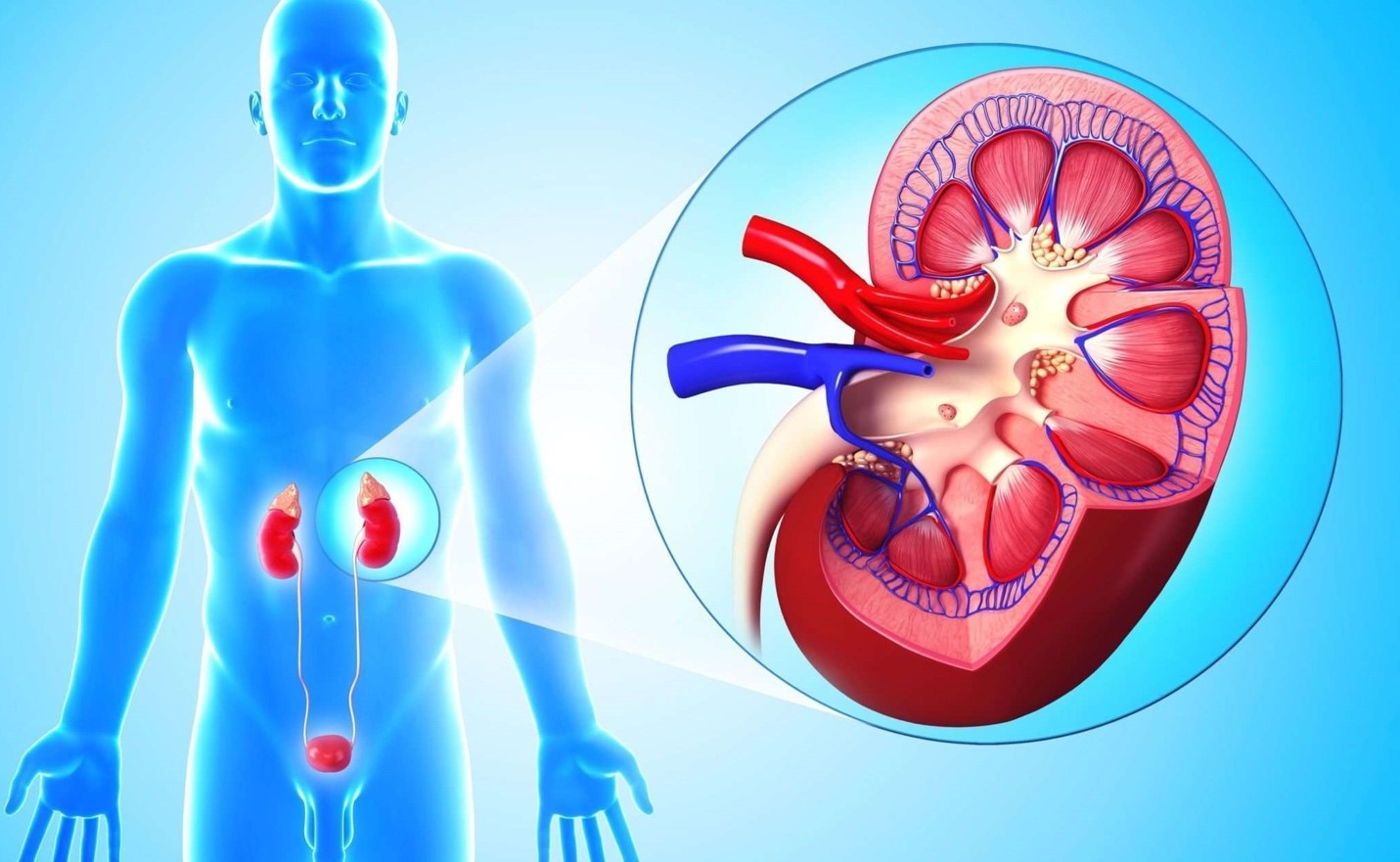“I have depression,” – how many times I had to hear this complaint from friends on different occasions. In fact, this medical term refers to a serious illness that requires qualified assistance, and not suddenly surging sadness or temporary apathy. The insidious enemy of our health is skillfully disguised, depriving vitality and health
How does depression manifest?
The main manifestation of depression is a persistent decrease in mood, the cause of which is often impossible to explain. The very same depressed mood is different from the grief that you experience in various misfortunes. A person suffering from depression usually cannot formulate their experiences due to the unusualness of the sensations, their difference from everything that has previously been experienced in life. Such people often resort to comparisons: “the soul is heavy, stone, darkness”, “everything has lost its meaning, joy”, “it has become hard to live”, “I feel as if I had suffered a super-severe flu.”
What are the causes of depression?
Depression is caused by inherited biochemical disorders at the level of the central nervous system. And also certain types of personality: hypersensitive, scrupulous, pedantic, overly sensitive to failure, impressionable, vulnerable people are prone to depression more than others. We can talk about the risk group for depression: women suffer from depression much more often than men. If we talk about age, the lower limit for this group is 18-20 years old, the upper one is 35-40. There is also a special form of depression that begins in menopause.
Can I diagnose myself on my own?
Recognizing depression is not an easy task, but you can suspect an illness based on a combination of the following factors:
daily mood swings with worsening in the first half of the day, especially in the morning, and improvement in the evening;
a sharp decrease in mood is combined with inhibition of movements and thoughts;
persistent unreasonable decrease in mood for weeks or months or periodically in autumn and spring;
cases of prolonged unreasonable depressed mood, if the family has attempted suicide from close relatives, especially on the maternal side, or periodic situations of drunkenness among close relatives;
The appearance is characteristic: a bent posture, people look much older than their years, they have dry, flaky skin, hair splits, falls out, often turns gray, brittle nails are noted.
How is sleep disturbed in depression, and are nightmares a sign of depression?
The following sleep disorders are characteristic of depression: early awakening, difficulty falling asleep, lack of a sense of sleep. Nightmares, on the other hand, can be a symptom of fear and anxiety, not depression.
Is increased appetite a symptom of depression?
The characteristic of this condition is not an increase, but a persistent decrease in appetite, especially in the morning and afternoon.
Does Depression Affect Sexual Relationships?
Yes. In typical cases, depression leads to a persistent decrease in desire until it disappears. The most typical disappearance of orgasm.
If depression is combined with a medical illness, should I see a psychotherapist?
Yes. It should be noted that depression can manifest itself in various “masks”, for example: pains of a different nature, breathing disorders (reminiscent of asthma), hard drinking, attacks of so-called vegetative-vascular dystonia. The diagnosis, in this case, can be helped by mood fluctuations characteristic of typical depression during the day, as well as other manifestations, such as heart palpitations, dilated pupils, dry skin. Lack of appetite and constipation, also common in depression, can be deadly as they last for several months.
If you suspect depression in yourself or a loved one, how will the doctor diagnose?
It is very important to identify the disease at an early stage and begin timely treatment. In the arsenal of specialists there are certain tests – pharmacological tests – which show changes in the level of hormones in the blood and, with a high degree of reliability, can confirm or deny the diagnosis – depression. In addition, psychological tests help in the diagnosis of this disease.
There are many antidepressants available in pharmacies. Do they help, and what does their independent reception lead to?
We must not forget that taking antidepressants without a doctor’s prescription is not just unacceptable, but sometimes even deadly. This is due, firstly, to side effects, which can only be taken into account by an experienced doctor. Secondly, the duration of the course of treatment and the dose of the drug are selected strictly individually. Therefore, serious antidepressants are sold in pharmacies only with a doctor’s prescription. The drugs presented on the free sale, for the most part, do not have a significant therapeutic effect.
Is depression curable?
Yes, but it won’t happen overnight. Depression can be treated successfully in most cases. Depending on the type of depression https://en.wikipedia.org/wiki/Depression_(mood) and the severity of the illness, treatment and the time it takes to recover can vary greatly. Severe cases of depression are treated in psychiatric clinics with antidepressants and tranquilizers. Moderate to mild depression is treated with a combination of antidepressants and various psychotherapy methods, or psychotherapy alone. In difficult cases, complete relief from depression is possible in six months or a year. If drugs are used in the treatment, the terms are reduced to 3-5 months. There is also ultra-short psychotherapy, which allows for 5-10 meetings with a psychotherapist (psychotherapeutic sessions) to significantly reduce the symptoms of depression.



